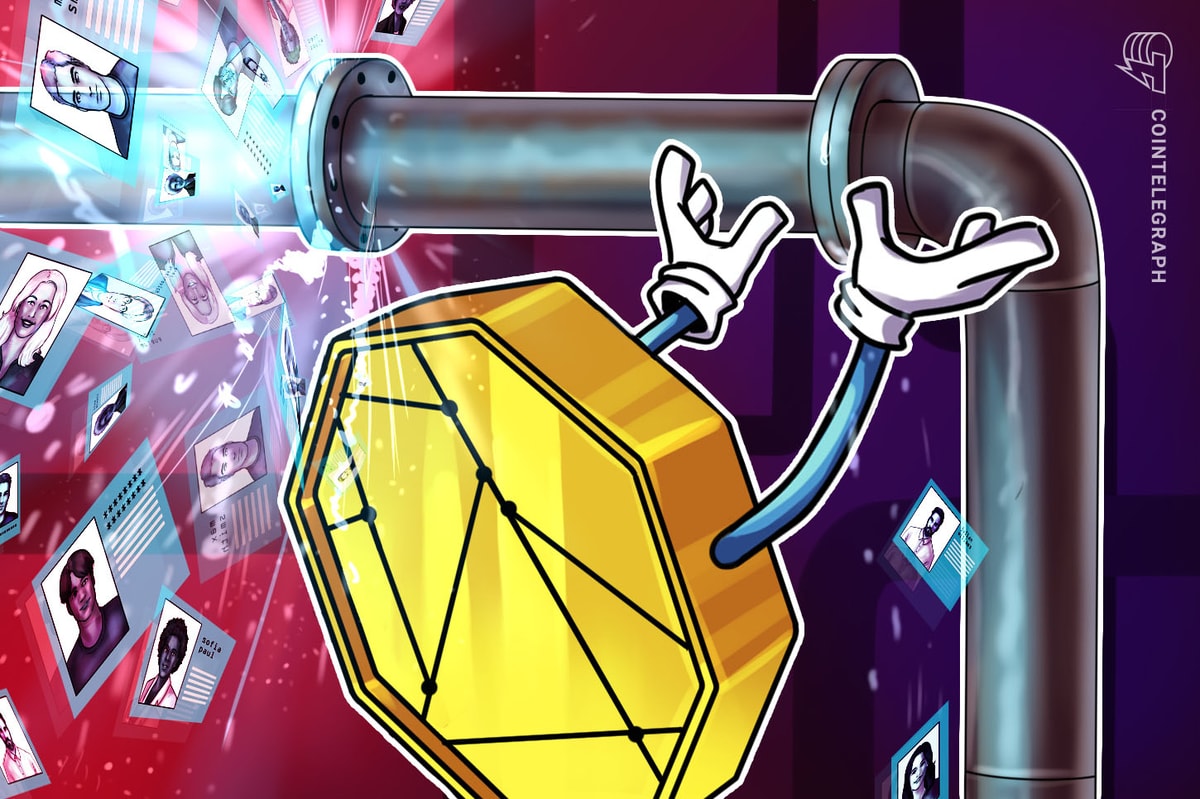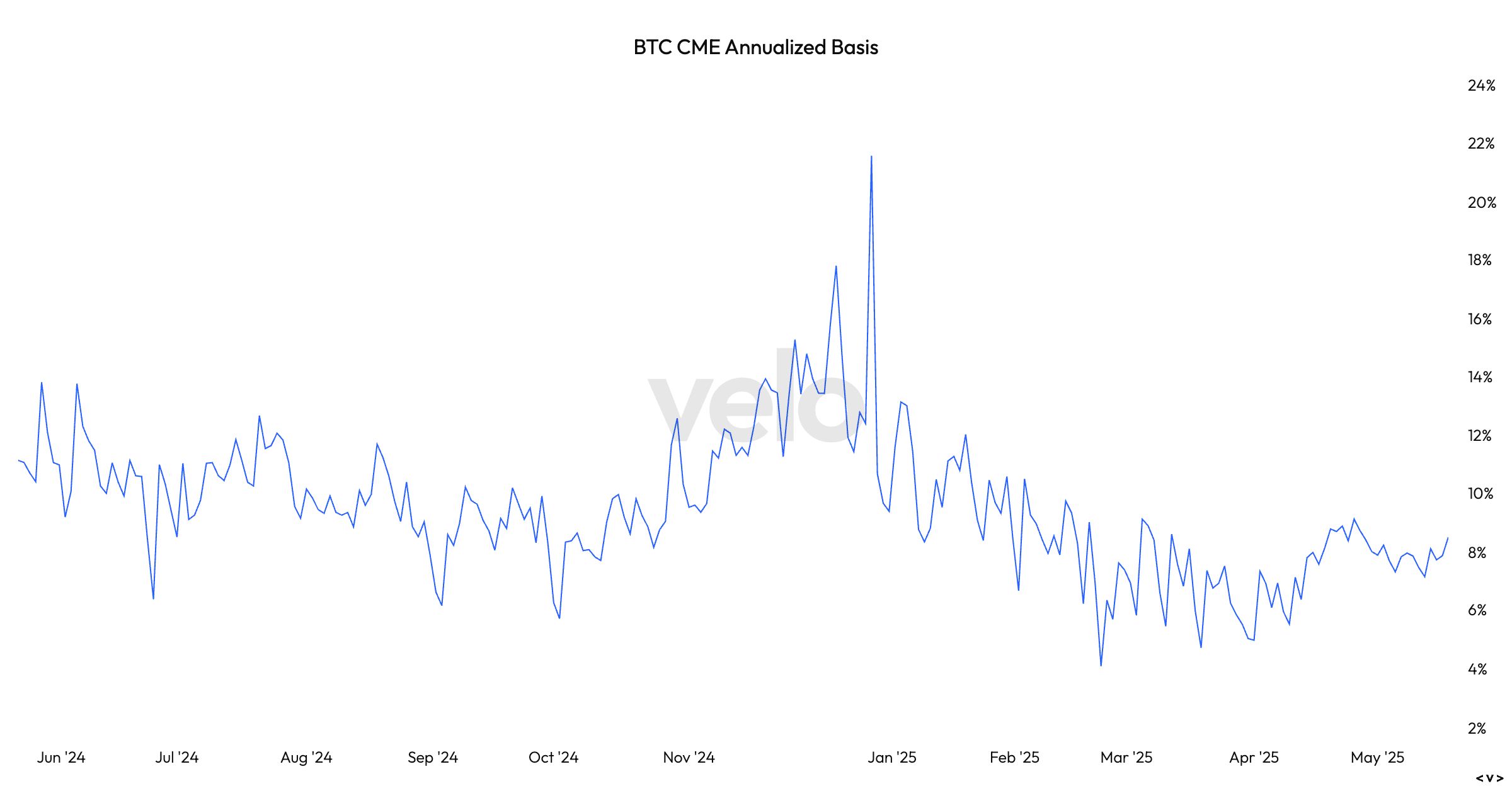
Customer relationship management software firm Salesforce has launched Salesforce Web3, an NFT management platform to help its clients create token-based loyalty programs.
Businesses can mint and sell NFTs, monitor blockchain activity, and view real-time customer data on Salesforce Web3, which launched today with subscription tiers. The roll out comes after a pilot program of 257,000 transactions with Salesforce clients such as whisky brand Crown Royal, clothing brand Scotch & Soda, and Mattel, the toy company behind Barbie and Hot Wheels.
“One of the most interesting and powerful things is access to first-party data,” Adam Caplan, GM of Web3 at Salesforce, told Decrypt. “As regulations shift and Apple changes the rules around cookies, Facebook and brands don’t want to spend all this money with some of these organizations—the crypto wallet becomes really powerful so I can directly engage with a customer and have access to that first-party data,” said Caplan.
His comments echo those of Salesforce Web3 lead Marc Mathieu, who told Decrypt last month at NFT Paris that he believes crypto wallets are the new cookies. That said, Salesforce is cognizant of the user privacy implications. “We’ve built in consent of privacy tools to enable wallet owners to share all their information if they want or just a little information,” Caplan told Decrypt.
Mattel’s Hot Wheels NFT Garage Series consisted of 215,000 NFTs of digital cars, with some letting customers earn physical Hot Wheels products, the company said. Scotch & Soda worked with Salesforce to launch its free NFT loyalty program Club Soda 3.0 while Crown Royal minted over 20,000 claimed digital collectibles that were tied to the brand sending care packages of Crown Royal alcohol to active military members.
“A couple years ago, brands thought of [NFTs] as a revenue generator, and that is true to some extent still—Mattel sold out in 12 hours, it was a huge success,” Caplan said. “But a lot of brands are seeing this as engagement as well, maybe there isn’t revenue and we should just giveaway these NFTs to drive personalization, community, excitement of our brand and target a younger audience.”
Caplan described Salesforce Web3 as “blockchain agnostic,” and it only supports proof-of-stake chains. Most Salesforce customers use Ethereum or Polygon, he said. “A lot of our brands want to pay the gas fees for the end consumer, they don’t want the consumer to even understand there are gas fees or need to know what that is,” Caplan said, referring to the fees associated with making transactions on blockchain networks such as Ethereum.
The Salesforce Web3 GM added that the company prefers to avoid using industry jargon, such as “blockchain” or “NFT,” not only to minimize friction but also because of the baggage they carry. “There’s so much passion around it for good and bad, especially over the past couple years with all the craziness that’s happened, so we tend not to use the words,” he said. “Because it doesn’t matter, it’s about the customer experience.”
Caplan mentioned Nike and Starbucks as two Salesforce clients making admirable moves in the Web3 customer loyalty space, though neither are yet subscribers to Salesforce Web3. Salesforce sees brands in retail and consumer goods, media, and fashion as the top targets for its new NFT management software.
More than 400 Salesforce employees signed a petition in February last year in protest of the company’s attempts to launch NFT initiatives. Salesforce has since developed its own Web3 Advisory board and Ethical Use Advisory Council alongside its consulting partners such as Accenture and Deloitte Digital, AE Studio, Media Monks, TIME, and Vayner3.
“We got fantastic feedback from employees and took that super seriously; we engaged with the employees who had concerns and those who were passionate,” Caplan said. “It really impacted our roadmap and our approach.”
Stay on top of crypto news, get daily updates in your inbox.
Read More: decrypt.co








 Bitcoin
Bitcoin  Ethereum
Ethereum  Tether
Tether  XRP
XRP  Solana
Solana  USDC
USDC  Dogecoin
Dogecoin  Cardano
Cardano  TRON
TRON  Lido Staked Ether
Lido Staked Ether  Wrapped Bitcoin
Wrapped Bitcoin  Sui
Sui  Wrapped stETH
Wrapped stETH  Chainlink
Chainlink  Avalanche
Avalanche  Stellar
Stellar  Hyperliquid
Hyperliquid  Shiba Inu
Shiba Inu  Hedera
Hedera  LEO Token
LEO Token  Bitcoin Cash
Bitcoin Cash  Toncoin
Toncoin  Litecoin
Litecoin  USDS
USDS  Polkadot
Polkadot  WETH
WETH  Monero
Monero  Bitget Token
Bitget Token  Wrapped eETH
Wrapped eETH  Binance Bridged USDT (BNB Smart Chain)
Binance Bridged USDT (BNB Smart Chain)  Pepe
Pepe  Pi Network
Pi Network  Ethena USDe
Ethena USDe  Coinbase Wrapped BTC
Coinbase Wrapped BTC  WhiteBIT Coin
WhiteBIT Coin  Aave
Aave  Bittensor
Bittensor  Dai
Dai  Uniswap
Uniswap  NEAR Protocol
NEAR Protocol  Aptos
Aptos  OKB
OKB  Jito Staked SOL
Jito Staked SOL  Ondo
Ondo  Tokenize Xchange
Tokenize Xchange  BlackRock USD Institutional Digital Liquidity Fund
BlackRock USD Institutional Digital Liquidity Fund  Cronos
Cronos  Ethereum Classic
Ethereum Classic